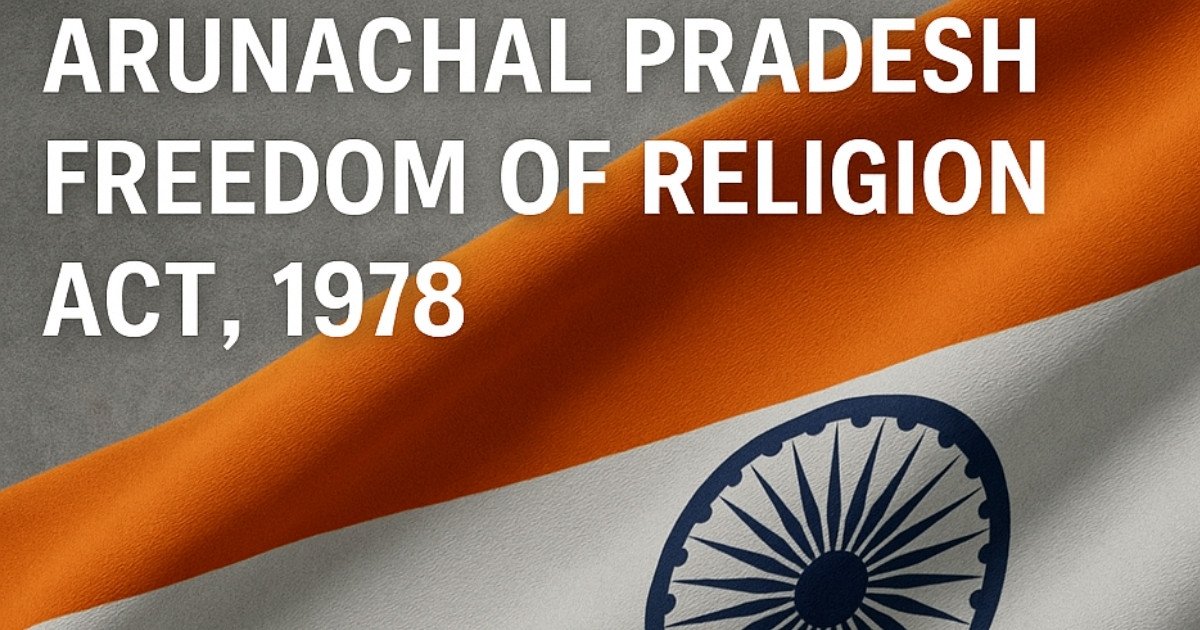Published by Aloto Naga | September 4, 2025
The National People’s Party (NPP) has strongly backed the call to repeal the Arunachal Pradesh Freedom of Religion Act, 1978. They described the law as outdated and inconsistent with India’s democratic values.
The resolution was endorsed during the NPP’s National Committee and Annual General Meeting held in Tura on September 2, 2025. According to the party, the existing law undermines constitutional freedoms, creates social divisions, and could be misused against citizens. Also Read Christianity Declines, Islam Rises Globally
Act Called ‘Outdated and Restrictive’
In its statement, the NPP stressed that Article 25 of the Indian Constitution guarantees freedom of conscience and the right to profess, practice, and propagate religion. Any legislation curtailing these rights, the party said, amounts to a step backward from the principles of secularism and democracy.
The party further argued that such restrictive provisions risk eroding unity. They also restrict individual liberty and violate the dignity of citizens. Also Read Nagaland Dy CM Y. Patton Challenged by Hayithung Bill Lotha to Debate on Press Freedom
NPP’s Stand on Constitutional Freedoms
By opposing the 1978 law, the NPP said it was reaffirming its role as a political party committed to justice, equality, and peaceful coexistence. The party noted that, at a time when many prefer to remain silent on sensitive issues, NPP has chosen to defend constitutional freedoms and speak for those whose voices are often ignored.
“This clarity of vision and consistency of stand strengthens the party’s role in shaping a more just and inclusive political discourse in the North East,” the statement added.
Appeal to the Centre
The party reiterated its position that it stands “for the people and with the people”. They urged the Government of India to repeal the Arunachal Pradesh Freedom of Religion Act, 1978. The NPP said such a move would safeguard constitutional rights. It would also preserve peace and harmony in the country.
The resolution highlights the growing demand from several quarters in the North East. It calls for laws that respect fundamental rights and uphold democracy.


